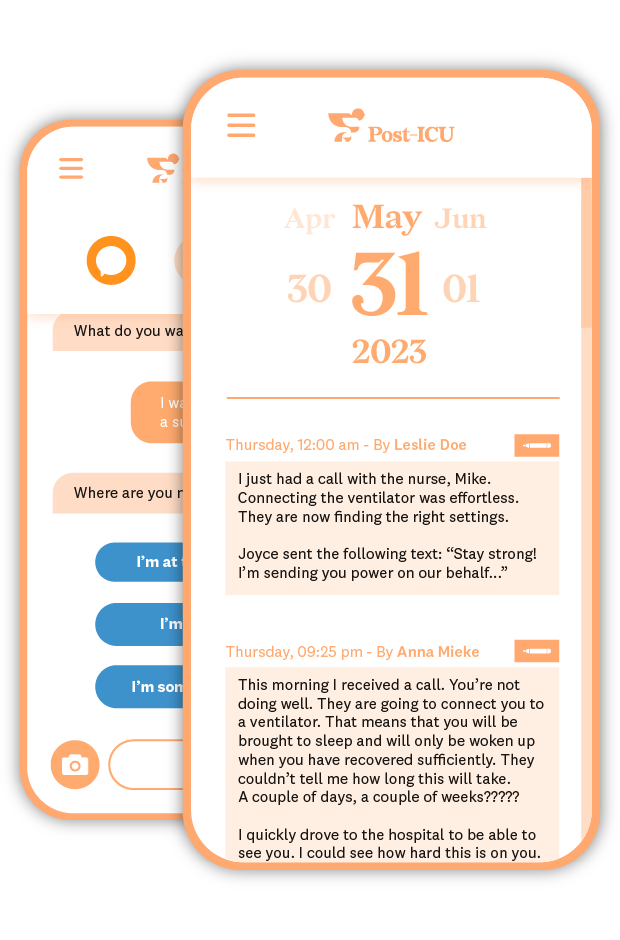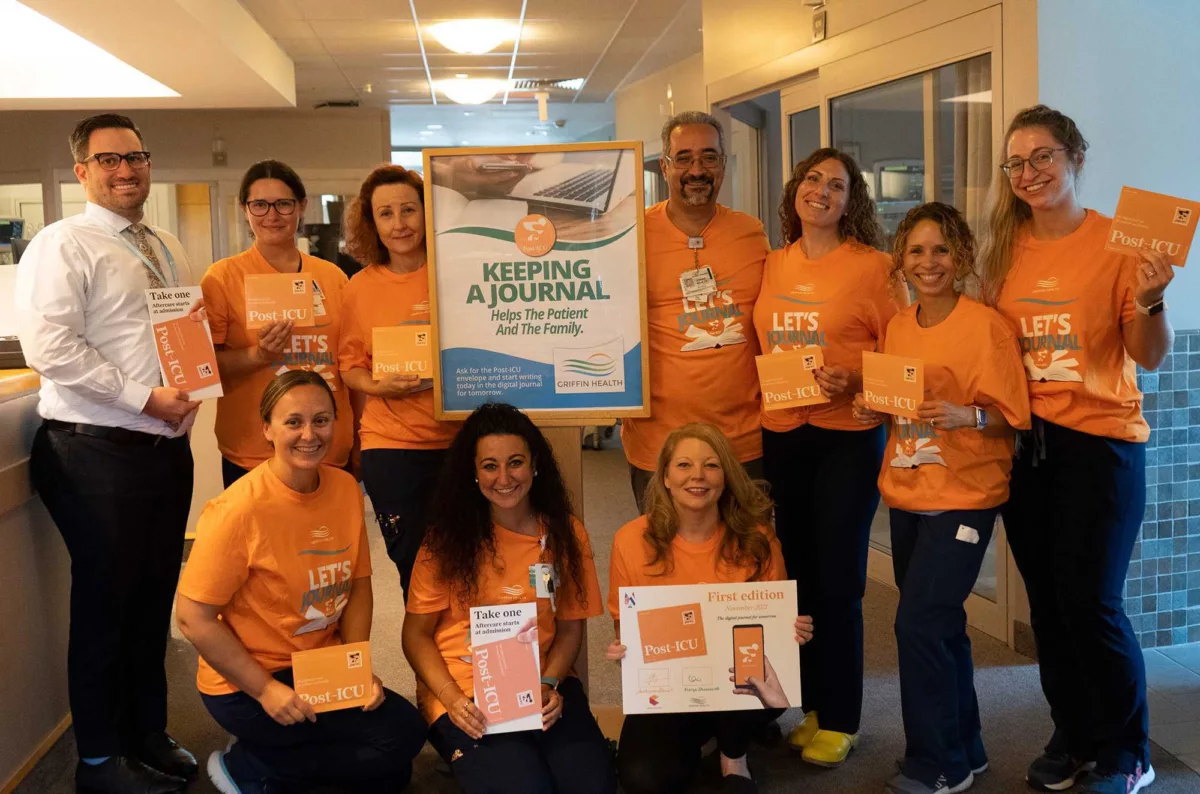
Post-ICU is trusted by +25 Hospitals in Europe



















Experience a dynamic digital ICU diary like never before.
From seamlessly adding multiple writers to a diary and effortlessly uploading photos, to extensive privacy options: the digital Post-ICU diary offers unparalleled functionality.
Invite relatives to write on the diary
Average number of entries per journal
Saved monthly on an ICU with 4 FTEs

Processing this period becomes easier when family, friends, and ICU staff keep a diary during the admission. Post-ICU is the digital, secure, and private diary to prevent or alleviate Post-Intensive Care Syndrome (PICS) for both patients and families. Studies have shown that journaling benefits ICU healthcare workers as well.



Stay connected with your care team, track progress, and feel empowered in your recovery journey.




At Griffin Health, the Post-ICU digital diary has been implemented as part of their holistic approach to healthcare and as part of their vision on person-centered care.
This Case Study examines the challenges Griffin faced and how we overcame them in collaboration.

Explore our resources hub full of expert-level content and materials.
Learn how to reduce ICU readmissions and improve patient care today!